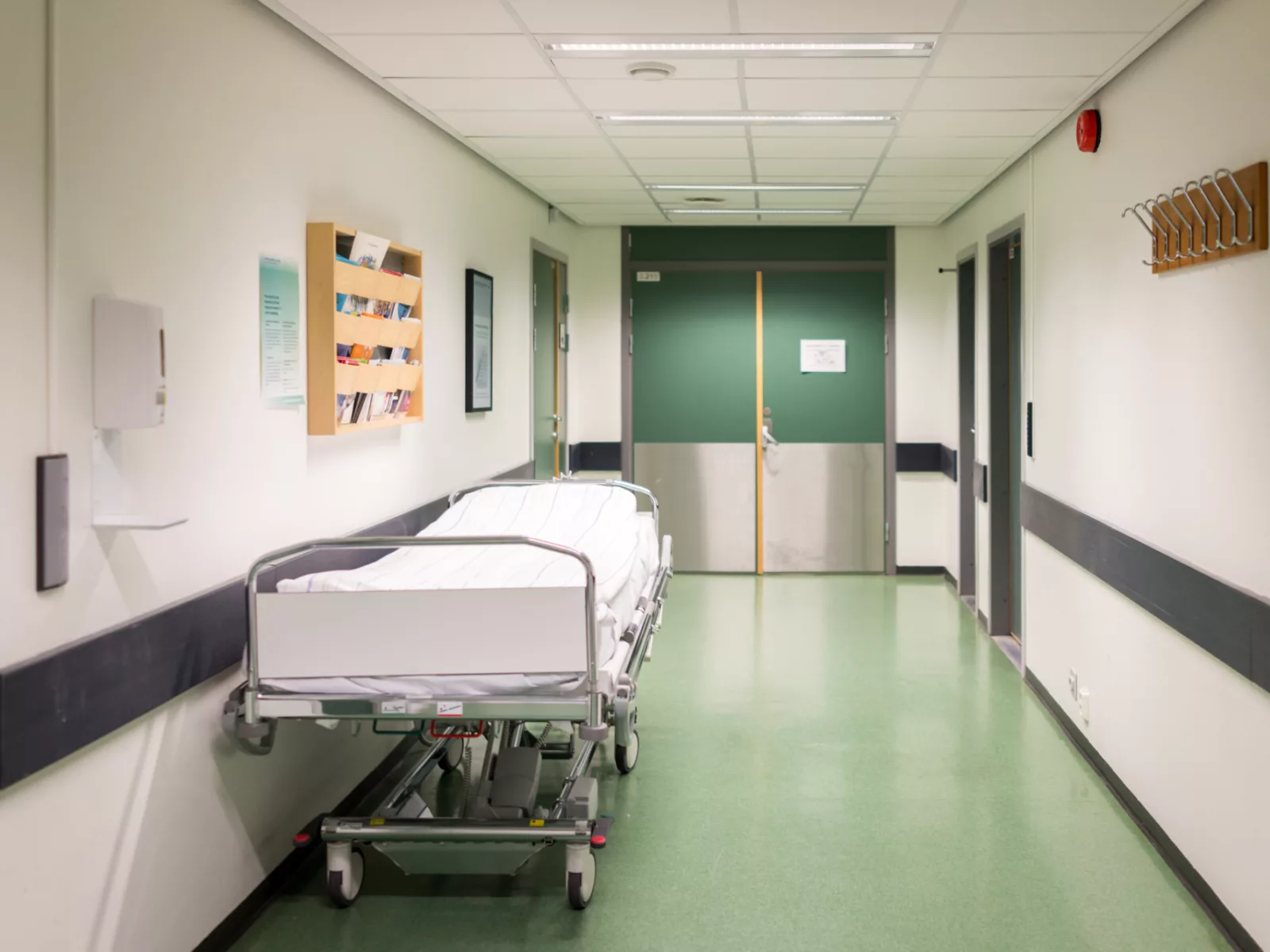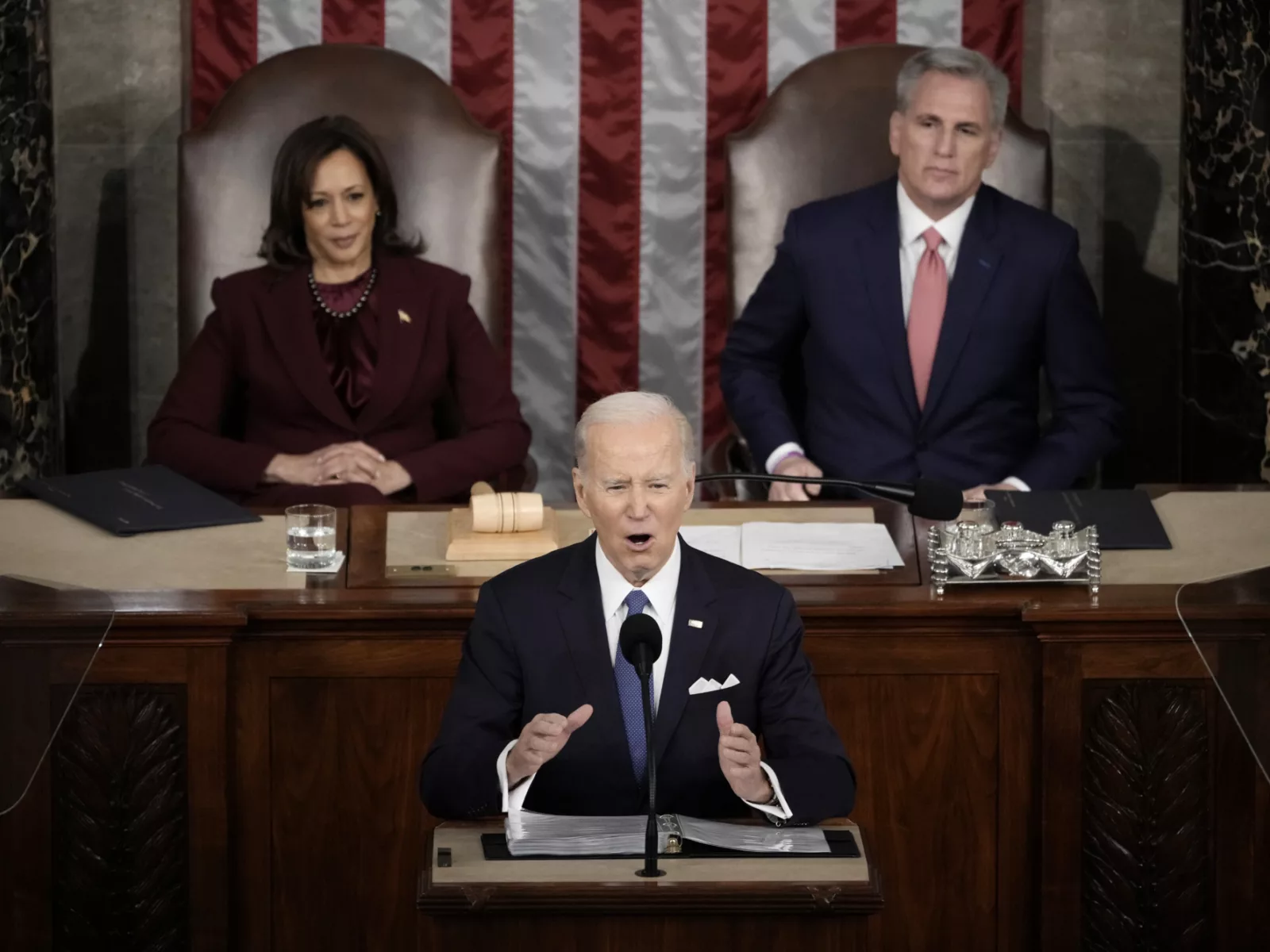Indiana passed a new bipartisan law to curb a predatory billing practice that hospital-owned facilities use to charge patients higher prices. One provision of the new law prevents large hospital systems in the state from dishonest billing, which is when the hospital bills for services provided at a hospital-owned doctor’s office (HOPD) as if the services were provided at the hospital’s main campus. The change goes into effect in 2025 and will lower medical bills for those with commercial insurance by protecting patients from receiving unnecessary facility fee bills.
This law’s enactment arrives amid a flurry of federal activity geared towards addressing the same issue. This week, Reps. Kevin Hern (R‑OK) and Annie Kuster (D‑NH) introduced bipartisan legislation banning dishonest billing, which will promote site-neutral payments in the commercial sector. Site neutral refers to policy aimed at creating greater parity in health care pricing regardless of the setting in which services are provided. Last month, the House Energy and Commerce (E&C) Committee held a hearing on this issue before advancing site-neutral legislation. Building on the momentum, Indiana’s Representative Victoria Spartz (R‑IN) also introduced legislation that aligns closely with the new Indiana law.
Why it matters
When a hospital acquires a physician’s office, the cost of a strep test can skyrocket from $14 to nearly $114 even though the test, the office, and the doctor who ordered it are all the same as they were pre-acquisition. On average, prices increase by 14.1% after physicians are acquired by a hospital, and in most states, hospitals can also tack on an additional “facility fee.”
This predatory pricing tactic makes health care less affordable for both patients and purchasers — such as employers and unions. It also leads to further consolidation of the health care industry by creating financial incentives for hospitals to buy up physician practices and extract higher prices. Given the rapid increase in hospital acquisitions of physician’s offices and rising health care costs, it’s not wholly surprising that policies to promote site-neutral payments have emerged as a priority for Republican and Democrat policymakers alike.
Indiana’s new law is an important step to addressing anticompetitive markets and ensuring dominant hospitals do not wield their outsized market power in ways that increase costs for patients, employers, or taxpayers.
On the ground
Indiana has some of the highest hospital prices and most consolidated health care markets in the country. Hospital prices are three times greater than what Medicare pays on average, and markets in the state far exceed federal regulators’ standard for what is considered “highly concentrated.” Recent research into these dynamics found that from 2005 – 2015 hospital mergers in the state led to a 10.6% price increase, which cost Indiana workers a staggering $1.5 billion.
Health care spending has reached a crisis point in Indiana, where state lawmakers have started to scrutinize the bills that hospitals charge. In 2021, two high-ranking Republican Indiana House and Senate leaders called for major health systems and insurers in the state to produce a plan for lowering prices to the national average.
“Absent a viable plan, we will be left with no choice but to pursue legislation to statutorily reduce prices,” Senate President Pro Tempore Rodric B. Bray and House Speaker Todd M. Huston wrote in an open letter.
Only one system heeded their call. Next legislators began debating a range of policies to address Indiana’s hospital pricing challenge. A package of policies crafted to expose high hospital prices and clamp down on dishonest billing passed the Indiana Legislature with bipartisan support and received Gov. Eric Holcomb’s signature May 4.
The work ahead
Addressing dishonest billing is the first step in promoting site-neutral payments for individuals and families with commercial insurance However, nothing in this bill limits the prices charged to patients or prevents consolidated health systems from using their market power to drive up prices. While the new law makes meaningful progress by prohibiting off-campus outpatient departments from billing as if care was provided at the main hospital, more work is needed to lower excessive health care prices.
Takeaways
- Indiana isn’t alone in its effort to promote site-neutral payment policies. As this issue continues to garner strong support at both the state and federal levels, state efforts could inform Congressional approaches and vice versa. Indiana’s model could also serve as a strong starting point for other states to build from. For example, Texas lawmakers introduced legislation related to site-neutral payment and facility fees in the 2023 legislative session.
- There is broad, bipartisan support for policies that address site-neutral payments and facility fees. Republican and Democrat voters agree on this commonsense approach: if the care is received in a physician’s office, it should be billed as such.



















